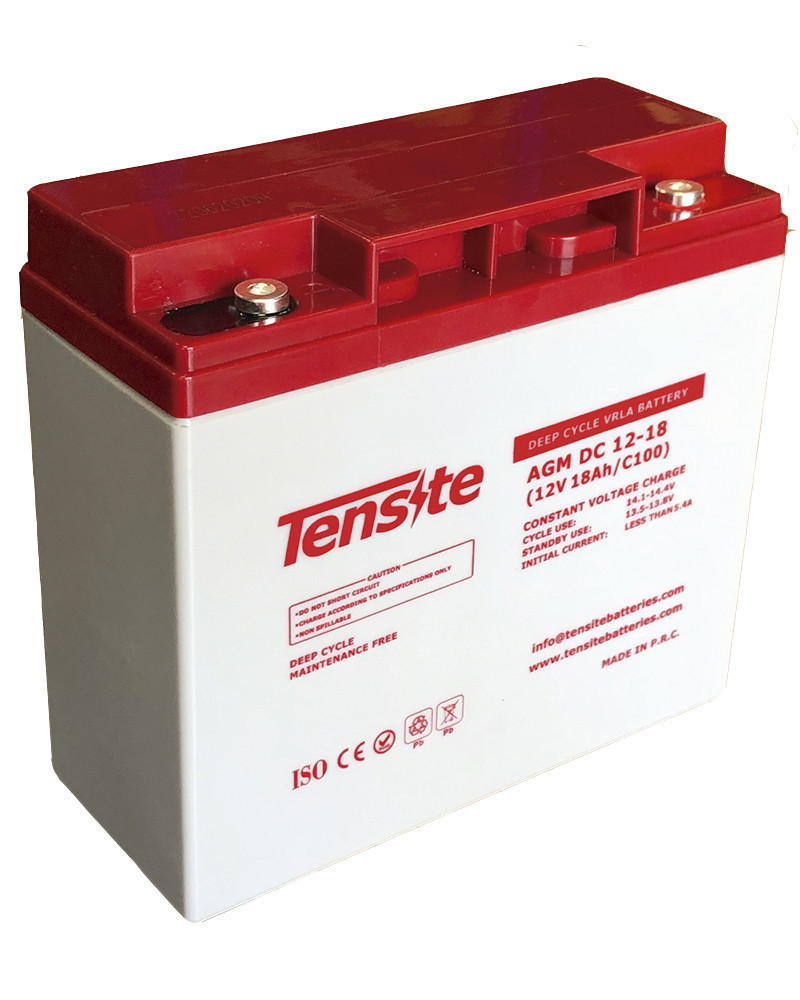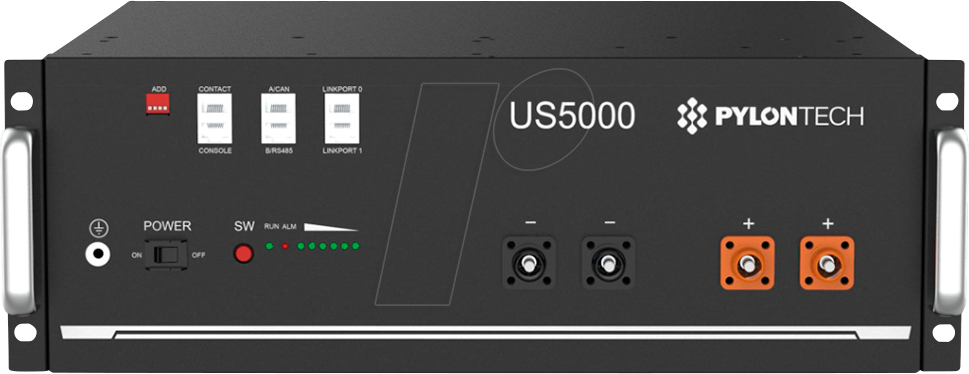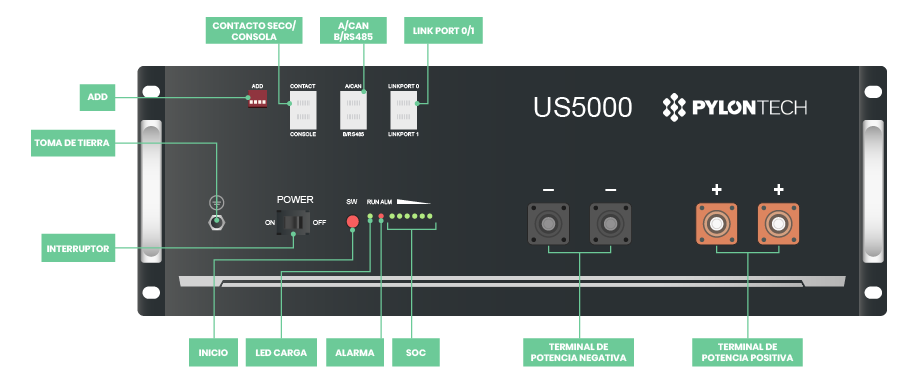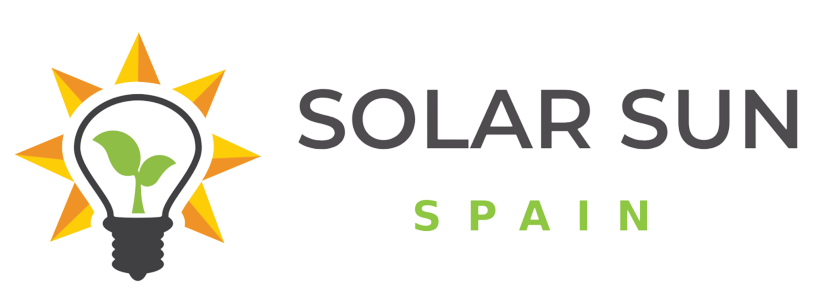Now you know what solar panels are and how an overview of how they work, we can tell you why you should care.
Renewable energy source
Solar power is a renewable energy source that is accessible for as long as we have the sun. Scientists believe that the sun will be around for at least five billion years, making solar power a long-term option for energy needs. Solar power does not produce toxic gases or pollutants, making it a very clean form of energy. Additionally, solar power is quiet, making it ideal for areas where noise pollution is a concern.
Reduces utility bills
After you install solar panels, you will generate some or all of your energy needs from the sun. This will dramatically lower your total electricity bills. Panels alone will save you money, although you will have to revert to grid power at nighttime or if we have long periods without sunshine, which fortunately rarely happens on the Costa Blanca.
To further increase savings, you can add battery storage to the system, and this way you have free electricity stored to use at night.
Optimal Timing
In most households, energy usage is typically higher later in the day, when people arrive home from school and work and need energy to power lights, appliances, and other devices. This is especially beneficial in Spain, as the sun is still strong, and panels reach maximum production during those times.
However, it’s important to remember that solar panels don’t work at night, and if you don’t want to use grid electricity, you will need battery storage to continue taking advantage of free electricity.
Easy Upkeep
Solar panels require very little maintenance. A clean without using abrasive materials, twice a year, is usually sufficient.
Solar panel warranties are typically set at 20–25 years, but panels often last for much longer. The inverter should be changed after 10 years for optimal performance.

The job of the solar panels is to absorb energy from the sun. However, the Direct Current (DC) electricity they produce must be converted to 240 volt Alternating Current (AC) electricity before it can power most home appliances. For this we need an inverter.
An inverter is one of the essential pieces of equipment in a solar energy system. It converts the DC electricity, to AC electricity which flows into our homes, powering lights, appliances and other devices.

In solar installations, batteries used come in a range of types with varied storage capacity. The type of battery you’ll need depends on the design of your solar system and what you’ll be using it for. Some batteries are better for storing large amounts of energy, while others are better for providing power on demand.
The two most common battery types used in solar installations are lithium-ion and lead-acid batteries. Solar panel specialists tend to prefer lithium-ion batteries. Lithium-ion batteries are the preferred choice in many systems because they can store more energy than other types and hold it for extended periods.
You can also use lithium batteries frequently without sustaining damage due to their high Depth of Discharge. The Depth of Discharge (DOD) measures how much energy is being used out of the battery’s total capacity. This measurement is a good indicator of how long the battery will last during a cycle.
In the end, the type of battery chosen will depend on the installation and the household’s needs.





© Copyright 2024 – Solar Sun Spain | All Rights Reserved.